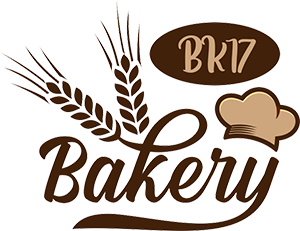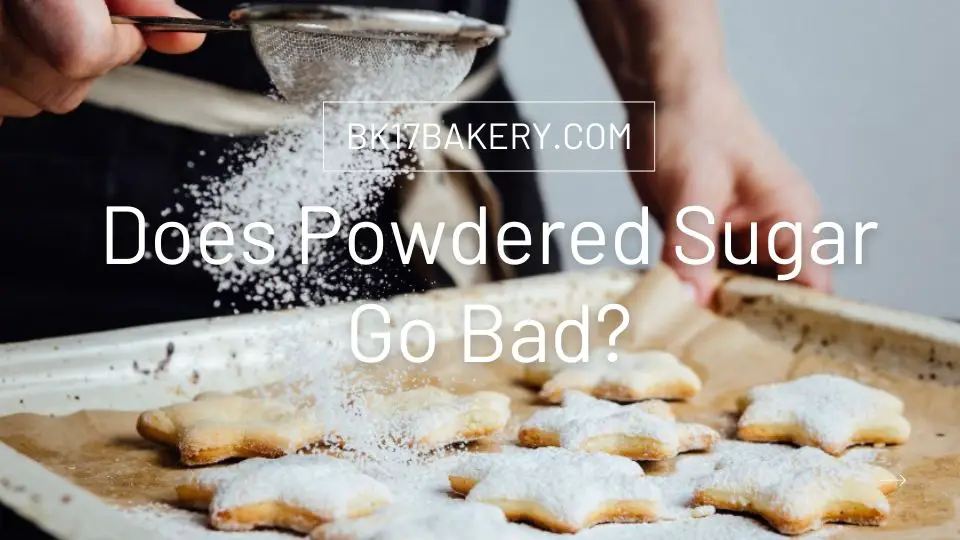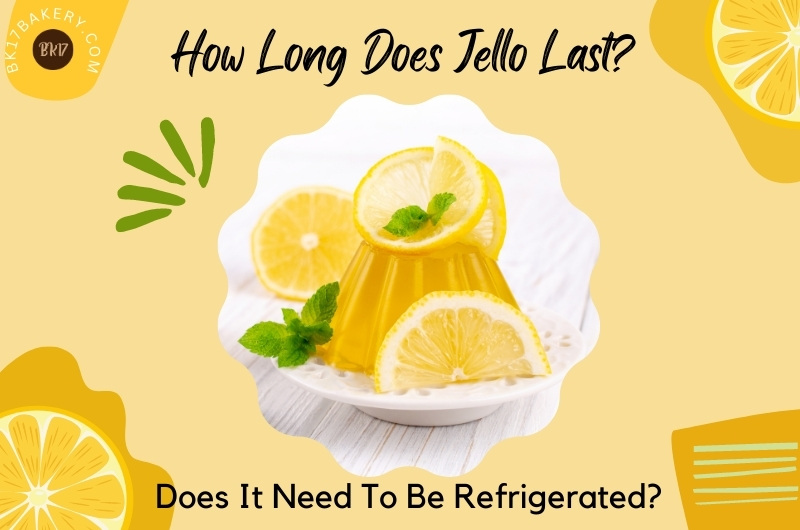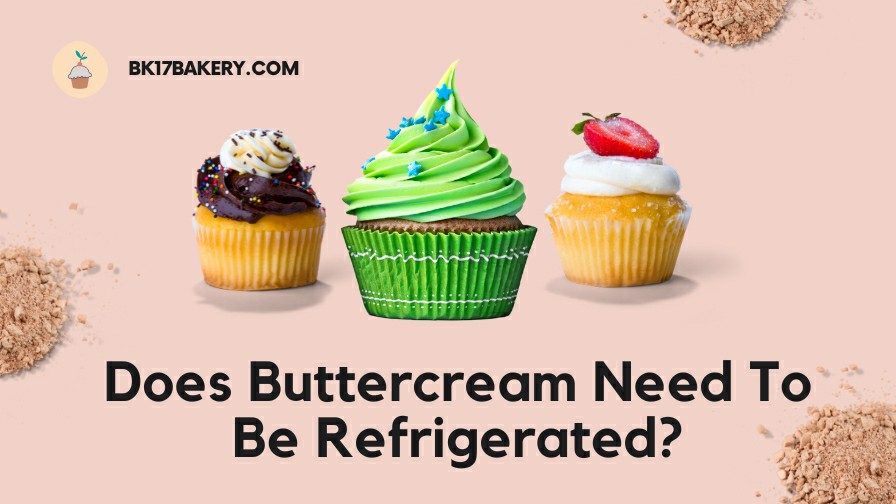Powdered sugar is milled from granular sugar, containing 2 to 5% anti-caking agents for better flow and moisture/clumping resistance. As such, many people claim that powdered sugar can last forever without any expiration date. Is that true, though?
BK17 Bakery will explain how long powdered sugar lasts. Keep scrolling for the answer.
In This Article
Can Powdered Sugar Go Bad? How Long Is It Good For?
Powdered sugar can last forever if well stored in airtight containers and kept in a cool, dry place; otherwise, it can still go bad – clumping or going stale. It would be much better to use the sugar within two years of production for optimal quality.

Note that the sugar should always be kept:
- In a dry, cool area to prevent contaminant contacts.
- Away from moisture. When sugar absorbs water and moisture, bugs and lumps will form to attract strong smells during the process.
- Away from sunlight or any direct heat source
- Away from insects
Failure to abide by these four simple rules means all damage cannot be reversed. It wouldn’t be a surprise at all if your powdered sugar goes terribly bad after less than one year!
On another note, remember that powdered sugar does not really have an exact expiration date. Sure, some of my favorite brands do give their products the “best before + a specific date” labels, but I have discovered that well storage still lasts these sugars several more years without any problem. Nothing to worry about!
Why Does Powder Sugar Go Bad?
Moisture, contamination, and bad storage conditions (too much heat/light) are the biggest factors behind confectioners’ sugar going bad. Too much exposure to air, light, heat, and temperature changes are the common reasons.
Let me delve further into it:
Moisture: Although powdered sugar has been milled, its sugar content is still high and, hence, attracts lots of surrounding environment moisture. Excessive exposure to air in humid areas causes the powdered sugars to clump and gradually grow lumpy.
Contamination: Contacts with dirty utensils or wet hands might contaminate the powdered sugars with mold growth, bacteria, or similar microorganisms.
Spoilage is only to be expected. I encountered such accidents once – and only realized what went wrong when my pantry was plagued with a very odd odor right at the moment I opened it! The flavors also tasted off and horrible.
Improper Storage Conditions: Is your storage area filled with direct sunlight, heat sources, or inconsistent and fluctuating temperatures? If so, that means bad news; the sugar is left vulnerable, breaking down much faster than average.
Shelf Life: Although powdered sugars do not get “bad” in that they cannot be consumed, you should still expect them to lose certain quality and powdery consistency over too-long periods (10 to 15 years, for instance). At that point, my cane sugar does not taste the same as when I first purchased it but gives off a rancid smell and a less sweet note.
What Are The Signs of Bad Powdered Sugar? Signs of Spoilage
Wet clumps, strange odors, stale taste, and sometimes pest/mold are the tell-tale signs that your ground sugar no longer offers the same quality. Though there might still be exceptions, your best bet is to throw the sugar away immediately.
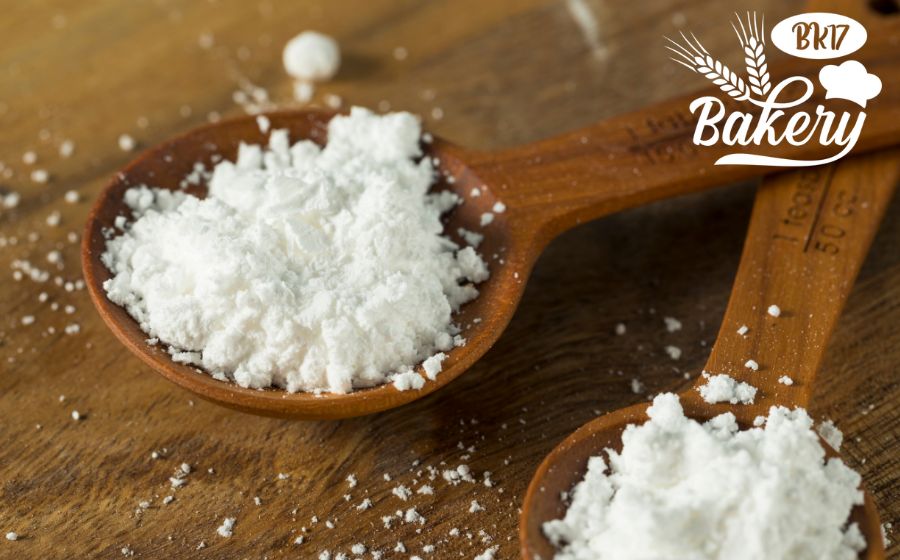
Wet Clumps
Dry, small clumps are to be expected for powdered sugar after a long time of storage; brands use lots of corn starch during the manufacturing process, after all.
However, they are nothing you should worry about; I simply sift my confectioners sugar with fine-mesh strainers or break them with a fork/my fingers before using them for my desserts.
Big, wet clumps, however, are another story altogether. They clearly signify that your brown sugar has been severely contaminated by moisture, weather, or, worse, insects’ urines. What is the better solution than to throw it away?
Funny Odors
Despite different production methods, powdered sugar does not smell different from regular sugar. Hence, once funny smells start drifting out, there are two possible scenarios: either something has got inside the package, or it has absorbed unpleasant odors from another product.
If your white sugar smells EXACTLY the same as the product near it, then it is still in great condition and can be used as usual. Otherwise, sprinkling your meals with smelly sugar is not a great idea at all; I always discard immediately, just to stay on the safe side.
Stale Taste
Bad storage conditions or even excessively long-term storage will give old sugar a stale taste. This symptom is much rarer than the other two – but when it happens, sprinkling the sugar over your fresh pancakes may ruin their entire flavors!
Thankfully, that does not mean stale sugar is entirely unusable; I found out my frosting and pancake batter still look and taste good if I only use powdered sugar as a minor baking ingredient, among others.
Can You Freeze Powdered Sugar?
Yes, powdered sugars can be frozen for 6 months at large, as too long will give way for moisture to sneak into. When in use, you can defrost them overnight in the fridge.
But experts do not think such methods are necessary. Even when tightly stored and sealed in normal conditions, these sugars can survive for years without significant issues.
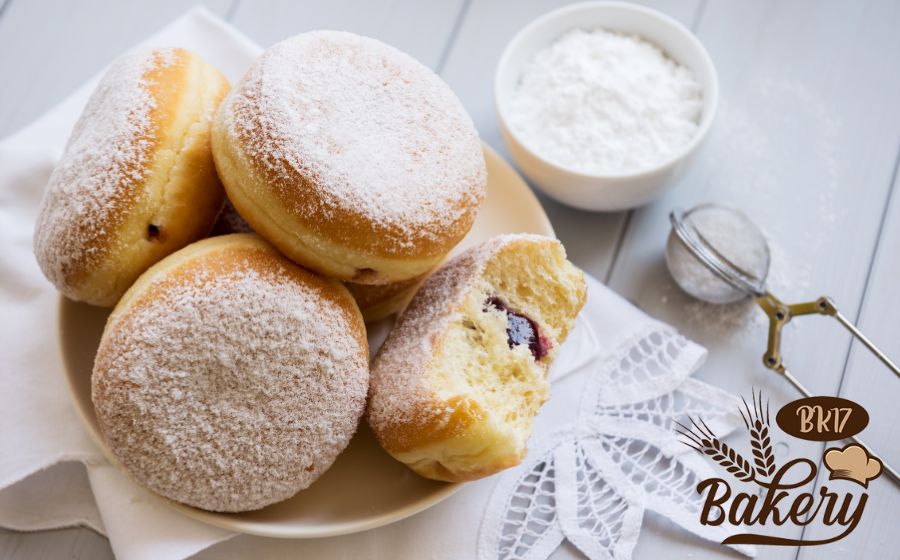
Freezing methods do not contribute much to the sugar’s extended shelf life – and might even pose more challenges when strong odors or moisture content in the freezers are absorbed.
As such, freezing the sugar is not really my favorite solution. If you still want to go through with it, remember to:
- Seal the sugar tightly to keep contaminants and moisture away
- Use airtight containers or freezer bags to keep the sugar at its best freshness
Also, it would be great to label your sugar container/ bag with clear captions and descriptions; that way, nobody in your family would be puzzled or confused seeing strange white powders in the freezers several months later for no reason. You certainly do not want them to use these sugars in the wrong way, do you?
How to Store Powdered Sugar?
Store the sugar in a clean, dry area or resealable airtight containers. Also, remember to keep humidity, moisture, and strong odors from other foods at bay.
For starters, ensure you find these sugars in a tight container or sealed area for storage. No pests have invaded my powdered sugar ever since, extending its shelf life to at least five more years.
Also, the storage area should be dark and cool, with no humidity or moisture around. And you’d better never leave the sugar next to the stovetop – even when it is already sealed.
You should also try your best to keep the sugar away from strong-odor foods – since these smells might plague the sugar and make it much more difficult to assess the sugar’s quality.
My husband left onions inside my kitchen pantry once; although I managed to find out about it only two days later, there was already a strong onion smell on the package. I could not imagine what would happen if I discovered the mistake after weeks or even months.
Can You Eat Expired Powdered Sugar?
Yes, given no signs of clumps, weird odors, pests, or mold. The sugar “best-by” dates are not really considered expiration dates. Manufacturers only use these labels to inform you that the sugar will retain its best quality if used before that specific day.
After the “expired date”, the icing sugar can still be consumed, but you will notice quite a change in its color or taste. Not necessarily unpleasant, though; my children surprisingly like the sugar’s tangy “after-expiration” flavor better.
Conclusion
The shelf life of powdered sugar can go endless if well stored. It might taste and look different by this point, but that is not necessarily a bad thing.
Remember my storage and maintenance tips to ensure your family can enjoy high-quality raw sugar in daily meals for years to come. For more support on these common types of sugars, just write to me.
